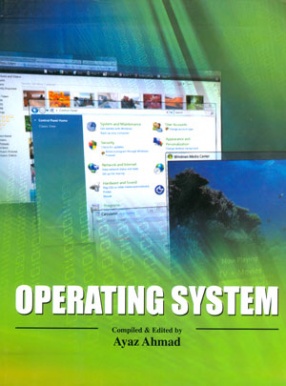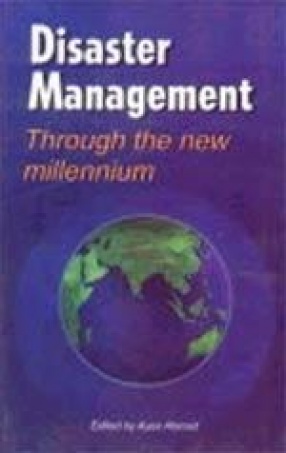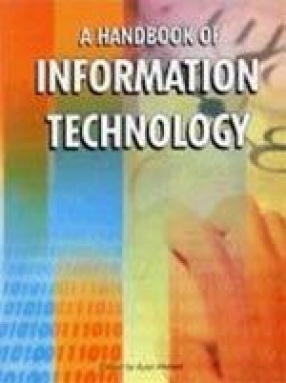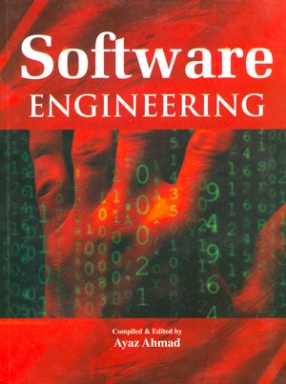Operating System
Synopsis
In Computer World, an Operating System is the programme that, after being initially loaded into the computer by a boot programme, manages all other programmes in a computer. The other programmes are called applications or application programmes. The application programmes make use of the Operating System by making request for services, through a defined application programme interface. In addition, users can interact directly with the Operating system, through a user interface, such as a command language or a graphical user interface. Most of the casual computer users take their Operating System for granted. The easiest way to understand what an Operating System does is to take a close look at what computers did not have any Operating System. If the user wanted to change what the computer was doing, he had to open the back panel of the computer and change how the wires were connected. Changing what the computer did was very time consuming and required an expert.
Later, computer scientists decided to have the wires stay as they were, and feed instructions to the computer with punch cards or magnetic tapes. The computer would store the instructions in some kind of memory. Still, computers of the time generally had only enough memory to remember one programme at a time. If the user wanted the computer to run a different programme, the user had to wipe out the first programme from memory and the load another programme into memory. As years of effort changed or replaced computers to have more memory, computer operators and computer scientists decided that some computers could hold several programmes in their memory. Modern operating systems generally have three major goals i.e. to hide details of hardware by creating abstractions; to allocate resource to processes; and provide a pleasant and effective user interface. Operating Systems are an essential part of any computer system. Operating System is the basic software that runs and controls a computer. This book, basically a semi-text book, is an asset for student and teachers.
Read more
Later, computer scientists decided to have the wires stay as they were, and feed instructions to the computer with punch cards or magnetic tapes. The computer would store the instructions in some kind of memory. Still, computers of the time generally had only enough memory to remember one programme at a time. If the user wanted the computer to run a different programme, the user had to wipe out the first programme from memory and the load another programme into memory. As years of effort changed or replaced computers to have more memory, computer operators and computer scientists decided that some computers could hold several programmes in their memory. Modern operating systems generally have three major goals i.e. to hide details of hardware by creating abstractions; to allocate resource to processes; and provide a pleasant and effective user interface. Operating Systems are an essential part of any computer system. Operating System is the basic software that runs and controls a computer. This book, basically a semi-text book, is an asset for student and teachers.
165.60
149.04
$
184.00 $
Free delivery Wolrdwidе in 10-18 days
Ships in 1-2 days from New Delhi
Membership for 1 Year $35.00
Get it now and save 10%
Get it now and save 10%
BECOME A MEMBER
Books by the same author







Bibliographic information